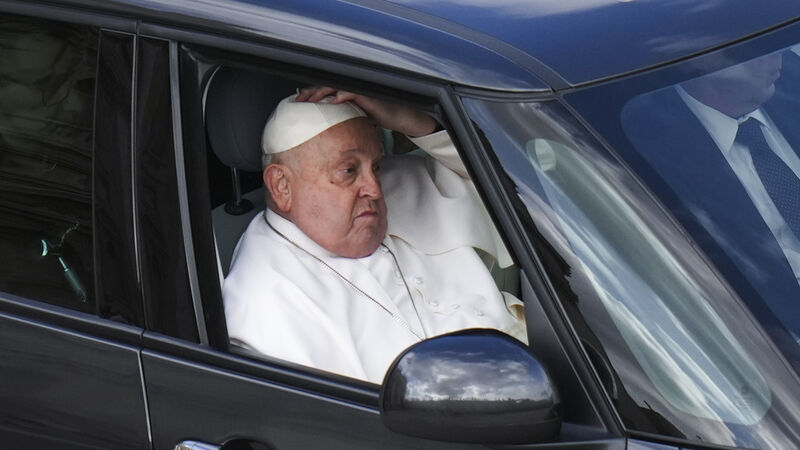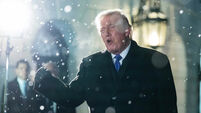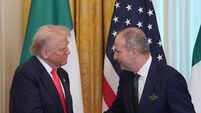TP O’Mahony: Church's relationship with democracy has always been inconsistent

Pope Francis has already taken the very unusual step of issuing a rebuke of JD Vance, who converted to Catholicism in 2019. File photo: AP/Alessandra Tarantino
In 1899 Pope Leo XIII wrote to the bishops in the USA condemning what the Vatican referred to as Americanism — a progressive movement for reform in the Catholic Church and the development of a political dimension to religious faith.
Throughout its history the Vatican has maintained its own position as an absolute monarchy and until very recently popes have been reluctant to join the project of democracy, with an enduring suspicion of liberal social doctrines. The great social encyclicals aimed at improving the lot of the poor had a very marginal impact throughout the Western world, while avoiding talk of political systems. It wasn’t until 1991 that a papal encyclical fully endorsed democratic systems of government.
















